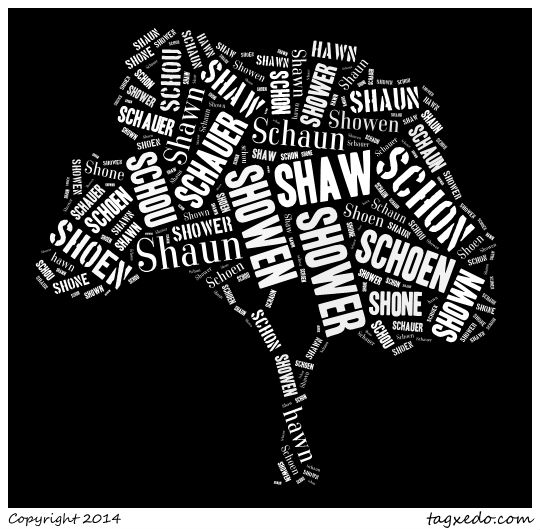15 June 2014
In records created prior to the 20th century, "consistent spellings" of a person's name seem as rare as puppy-dog feathers. When we use published records, whose transcribers or abstractors have misread the names, we seriously compound the problem.
So: how do you handle those variants when you compose your narrative? Do you adopt a consistent spelling for each individual or, amid your discussions of his or her activities, do you reproduce the exact spelling that appears in each document under discussion?
As writers, we are expected to use a consistent identification for each individual. Within this framework, we have options:
-
If the person was literate, we follow the spelling used in his or her signature.
-
If the person was not literate, we follow the most-common spelling.
-
If we quote from a document, we use the exact spelling shown in that document—with quotation marks around all words we extracted from the document.
-
When citing a source, we use the exact spelling used within that source. If the variant within the source is so off-the-mark that we fear our readers may not make the connection, we can or should add a correction in square editorial brackets.